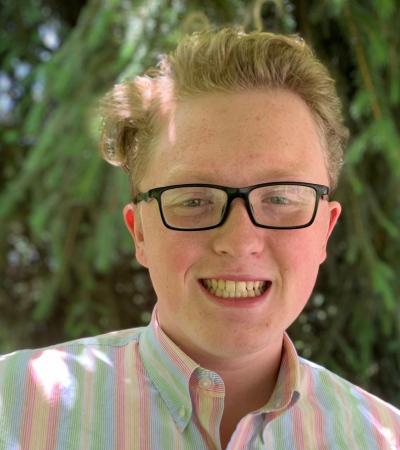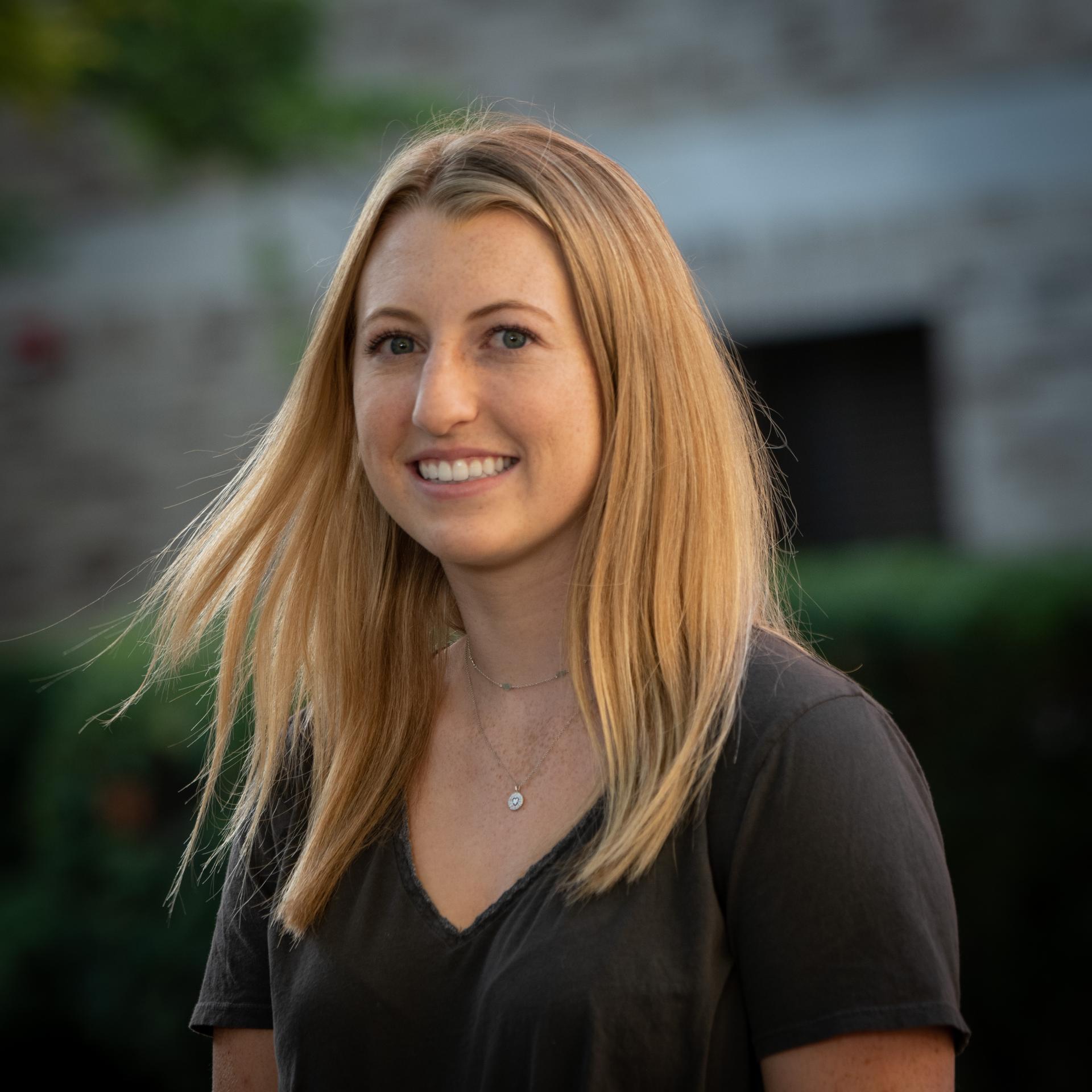The Kellogg Institute funded eight students from the Kellogg International Scholars Program and the international development studies minor and supplementary major to attend the 2021 Virtual Global Health & Innovation Conference hosted by Unite for Sight. Students were able to choose between an array of interesting sessions on various topics in the realm of Global Health. Sophomore Matthew Heilman, an international development studies minor, and junior Kellogg International Scholar Abigail Sticha shared the following reports from the conference.
 The Pursuit of Narrative Justice in the World of Global Health
The Pursuit of Narrative Justice in the World of Global Health
Matt Heilman ‘23
Ever since I began to explore my interests in global health, it has been quite apparent to me that the field is comprised of a number of interwoven narratives being constructed and reframed on multiple levels. Whether it is a massive agency like the World Health Organization or USAID, or a more localized NGO like Ubuntu Pathways in South Africa, or even an individual researcher trying to carry out development-related research, each and every agent within the global health profession seems to paint their work as an ongoing story. These stories---regardless of their motivations, goals, and outcomes---provide the foundation for the work that an organization or individual might do. They also many times seem to come into conflict with one another from an interest standpoint, as many institutions seek profit while others pursue the empowerment of the communities that they serve.
After having the privilege to attend the 2021 Unite for Sight Global Health & Innovation Conference virtually through the Kellogg Institute of International Studies, this portrayal of global health as a series of conflicting and overlapping narratives seems even more potent. As an international development studies minor who also studies neuroscience and gender studies, seeing socially constructed institutions interact with human behavior in the field of international development was incredibly fulfilling. In particular, within the Social Impact Labs, where global health professionals in the field shared their work and received feedback from other experts in their respective subset of global health, I was able to sit in on experts listening to one another share their stories with the hope of hopefully obtaining feedback that could be an opening to the next chapter of those stories. To observe and learn from those who have done research before me into everything from community-based behavioral health intervention programmes during the COVID-19 pandemic to shortages in healthcare workforce capacities in the Global South was incredibly impactful and formative from both a personal and professional standpoint.
Towards the end of the conference, I was able to attend a workshop led by filmmaker and screenwriter Lisa Russell about narrative justice in the world of global health storytelling. One point that she made was that in order to avoid the exploitative storytelling that has been a staple of the development industry for so long, we must change the narrative. We must focus on solutions instead of problems, and create stories that are not focused on charity to evoke pity but on justice to promote empowerment. I plan to hold this ideal close to my heart moving forward in my own narrative. My work will be fundamentally centered on the needs and desires of those in the communities that I am serving. Too many within the global health professions have not centered this principle in their own narratives; after attending this conference, I know that I will not make the same mistake. While I learned a great deal from this experience, there is still much to learn, and even more work to be done in pursuit of justice and empowerment for those communities who are still seeking it.
 Responsible Engagement in Global Health Research
Responsible Engagement in Global Health Research
Abigail Sticha ‘22
The 2021 Global Health & Innovation Conference was an incredibly informative and motivational experience. Although the conference was virtual, it was especially interesting and beneficial to attend this conference during the time of a global pandemic. Through this article I would like to highlight the ways in which the conference connected and influenced both my research goals and personal development.
This conference gave me insight on how to engage in responsible, productive research pertaining to international development. Many of the conversations supplemented the exploration of ways to responsibly engage with communities that I have started through my participation in the Kellogg International Scholars Program. A common theme throughout the sessions was the usefulness of assessments, both self assessments and community assessments. Several experts talked about the importance of knowing the strengths and limitations of both yourself and the community to understand how your team and the community can successfully work together. The “Responsible Global Engagement” session highlighted the importance of, as Brian Huesner said, “killing one's ego to listen” and as Jana Zindell said “trying to please the community, not just a few donors.” These sessions and quotes reiterated the importance of cultural competence and self awareness while participating in global development research.
Several messages from this conference also connect to my personal goals. I think that throughout the course of the COVID-19 pandemic, many college students and young professionals have become frustrated with the disappointments, roadblocks, and barriers that we are being faced with as we enter into the ‘real world.’ These sessions highlighted that failure and uncertainty are always present in our life, but there are productive ways to handle these challenges. In the session “Taking Risks and Embracing Failure: Humility and the Path to Innovation,” Kiran Agarwal-Harding stressed the importance of having the right team to take risks and move in a tough environment. This conversation encouraged me to be intentional about surrounding myself with people who will creatively and effectively help me overcome failures in my career. In the same session, Brain Heuser identified the distinction between the “right” and “wrong” kinds of failure. There is “wrong” failure, which he describes as “the failures of white cis men not understanding the community” which I understand more generally as those in the position of power not taking the time to form a connection with the community. The other type of failure is any failure that results from natural barriers, not out of arrogance or power, and these are failures that we can learn from and use to realign our goals. The overarching uncertainty that I have felt both due to COVID and my unknown career path was addressed during the session titled “Nurturing the Next Generation of Global Health Leaders and Practitioners.” During this session, Kaveh Khoshnood explained that there are many different career paths in the global health sector and each of them require vastly different skill sets. This was particularly useful as I would like to tackle global health issues within the context of machine learning and computer science. Additionally, the most comforting, yet motivating, quote from this session was, “most of what you are going to do with your life doesn't even exist yet.”





